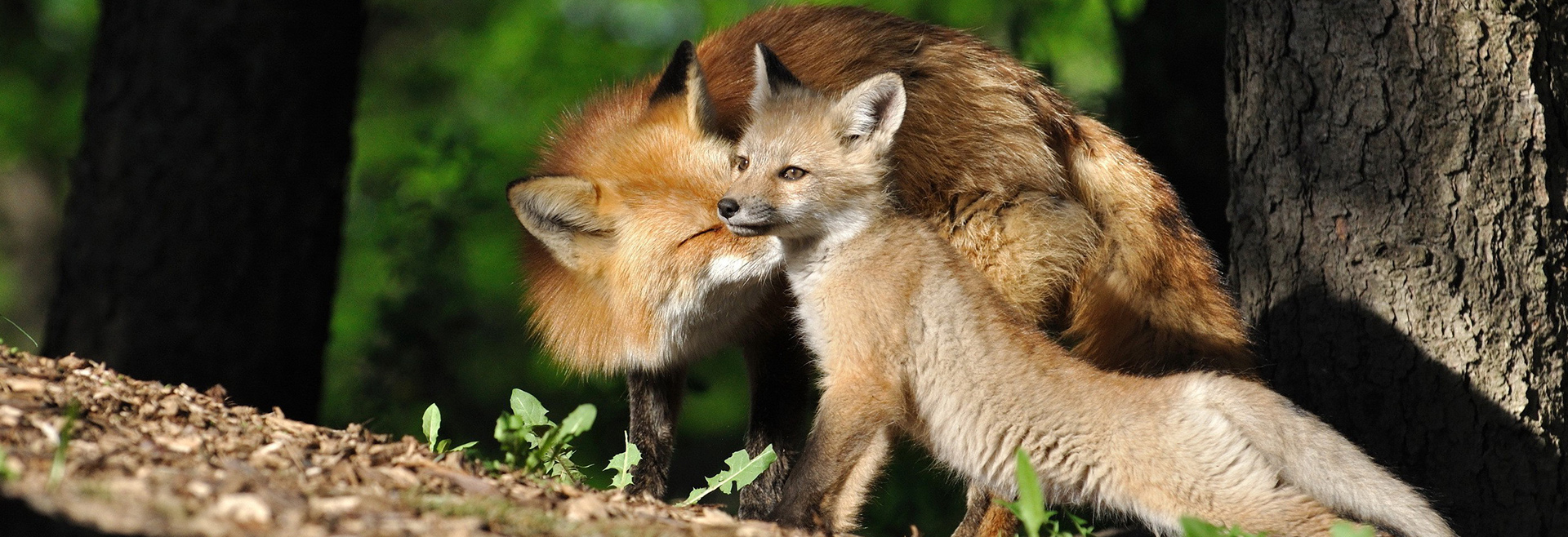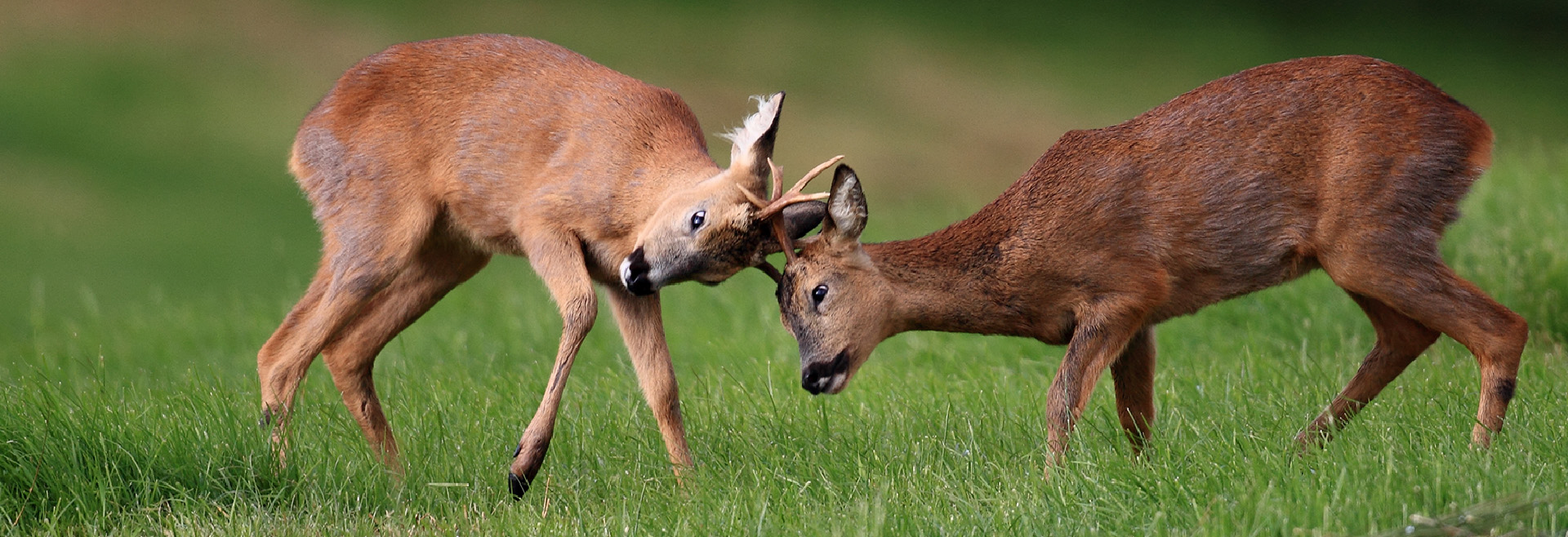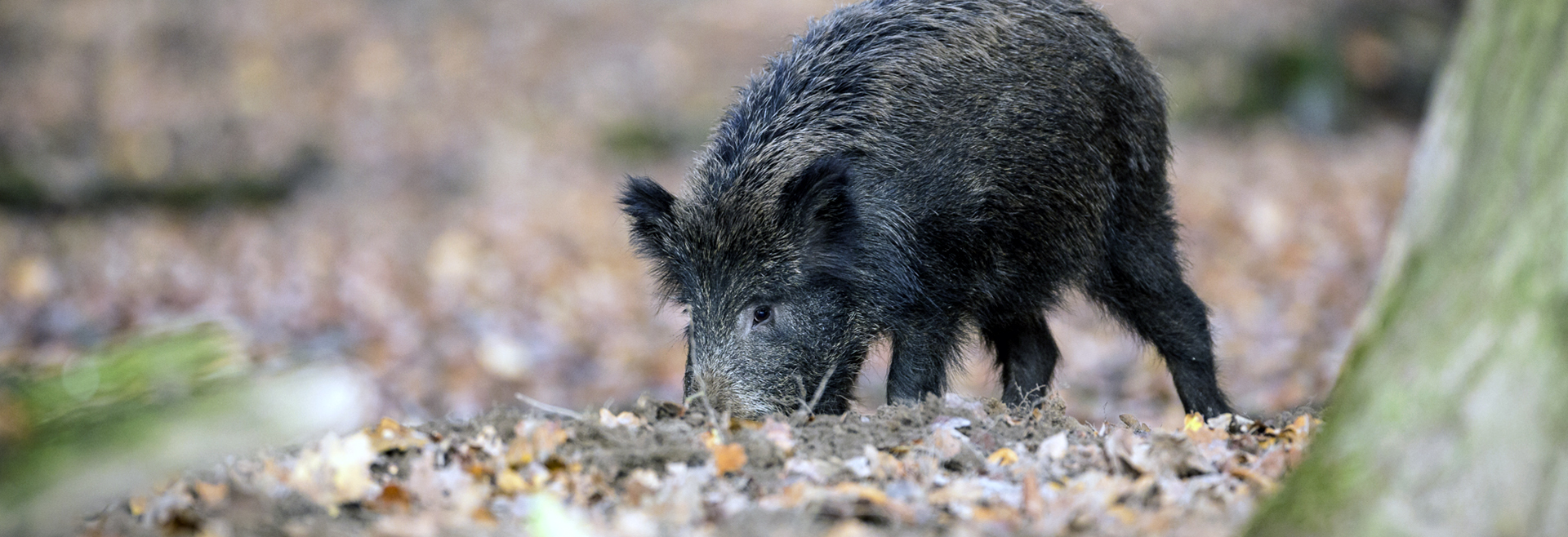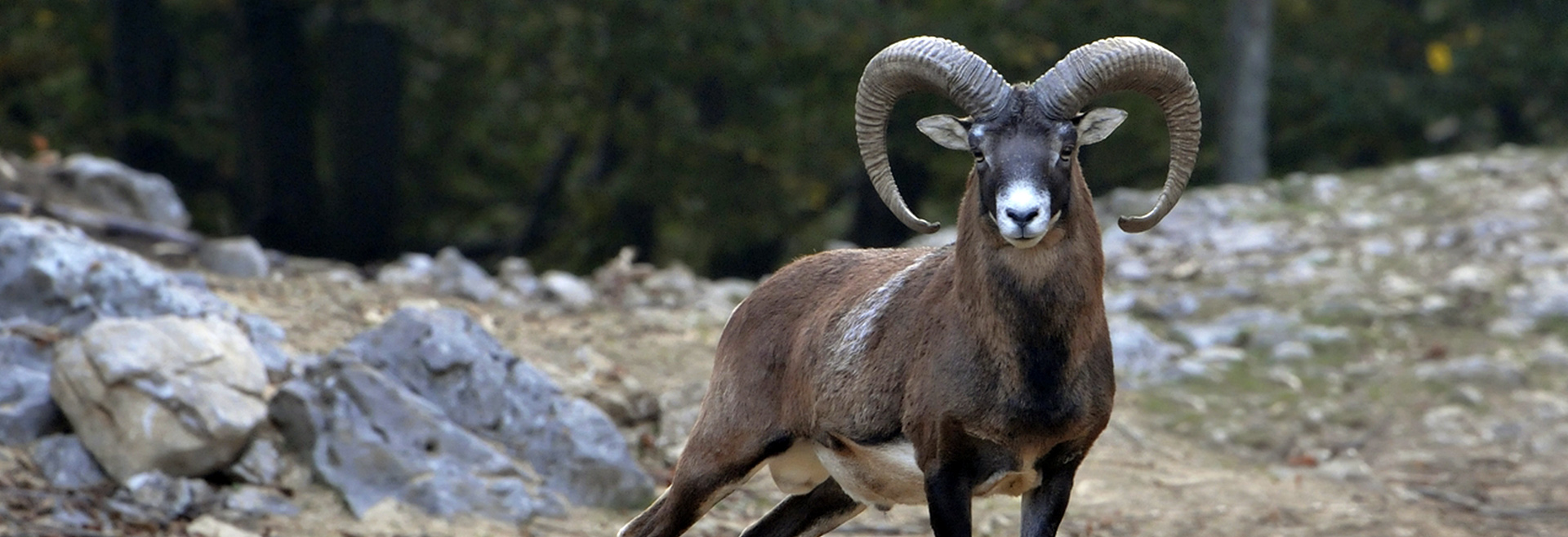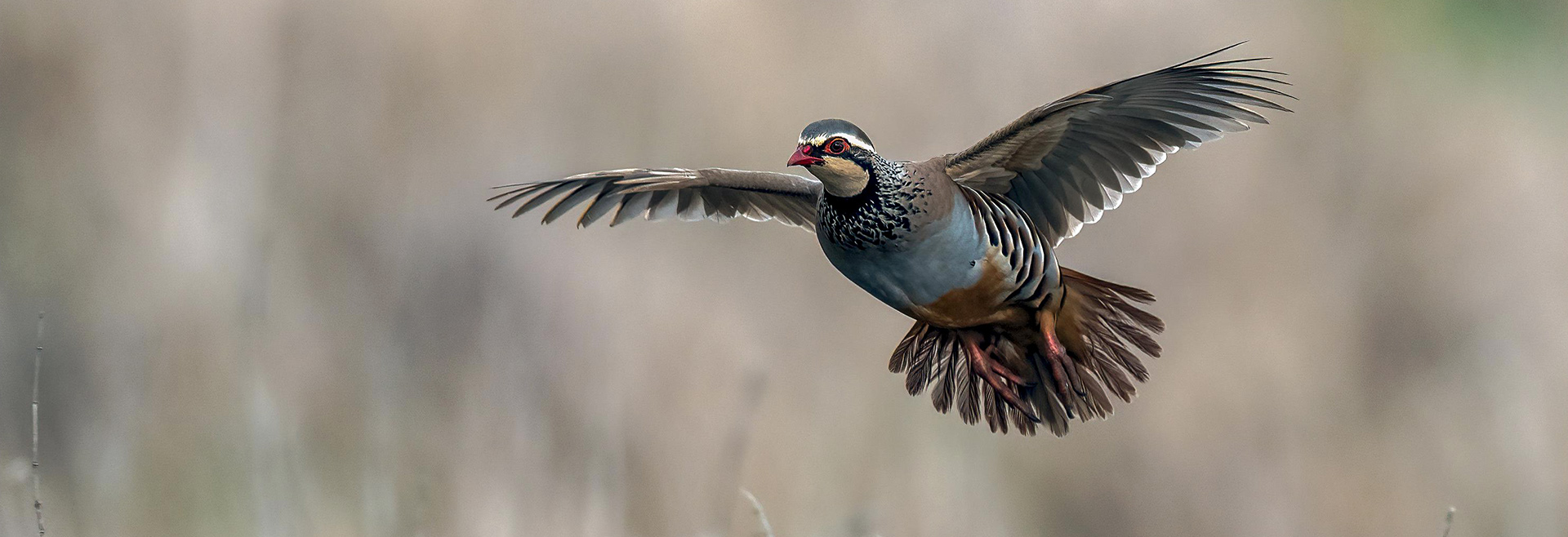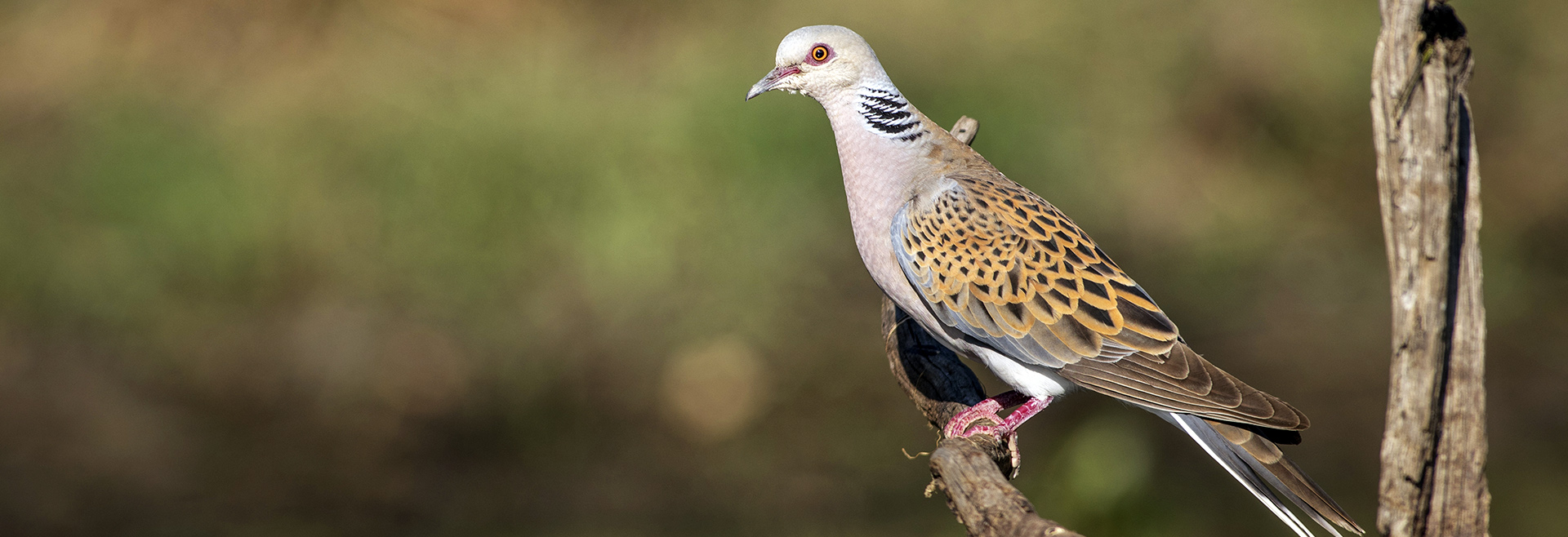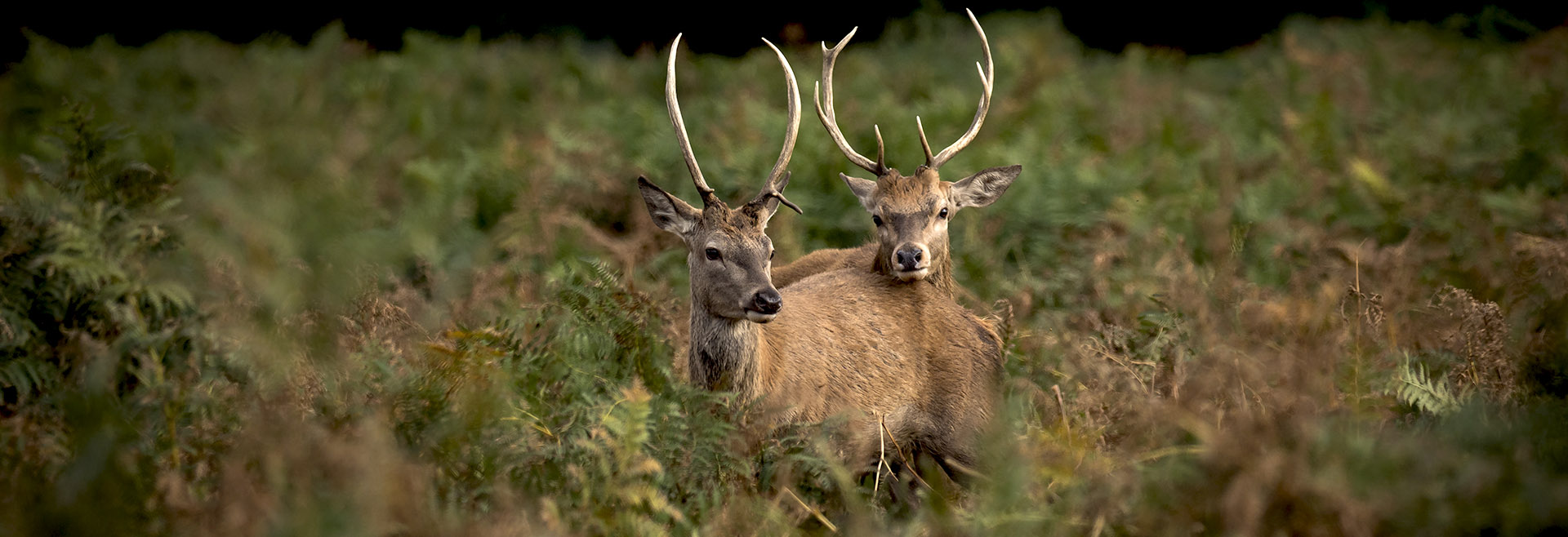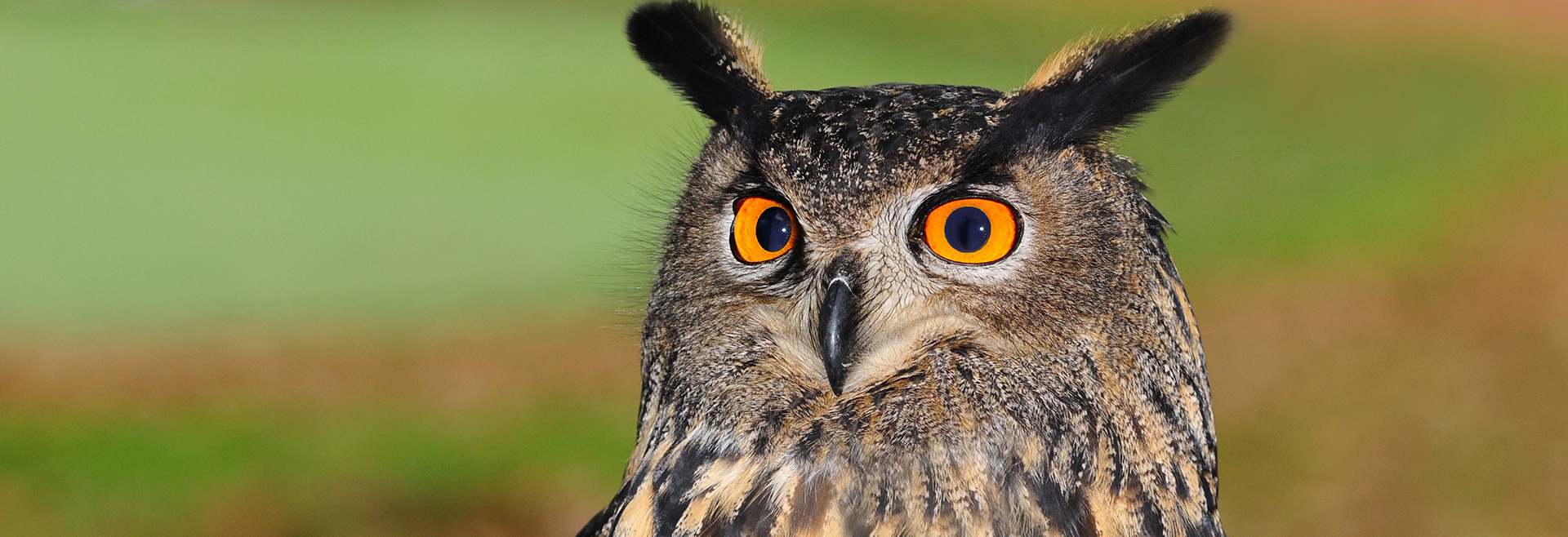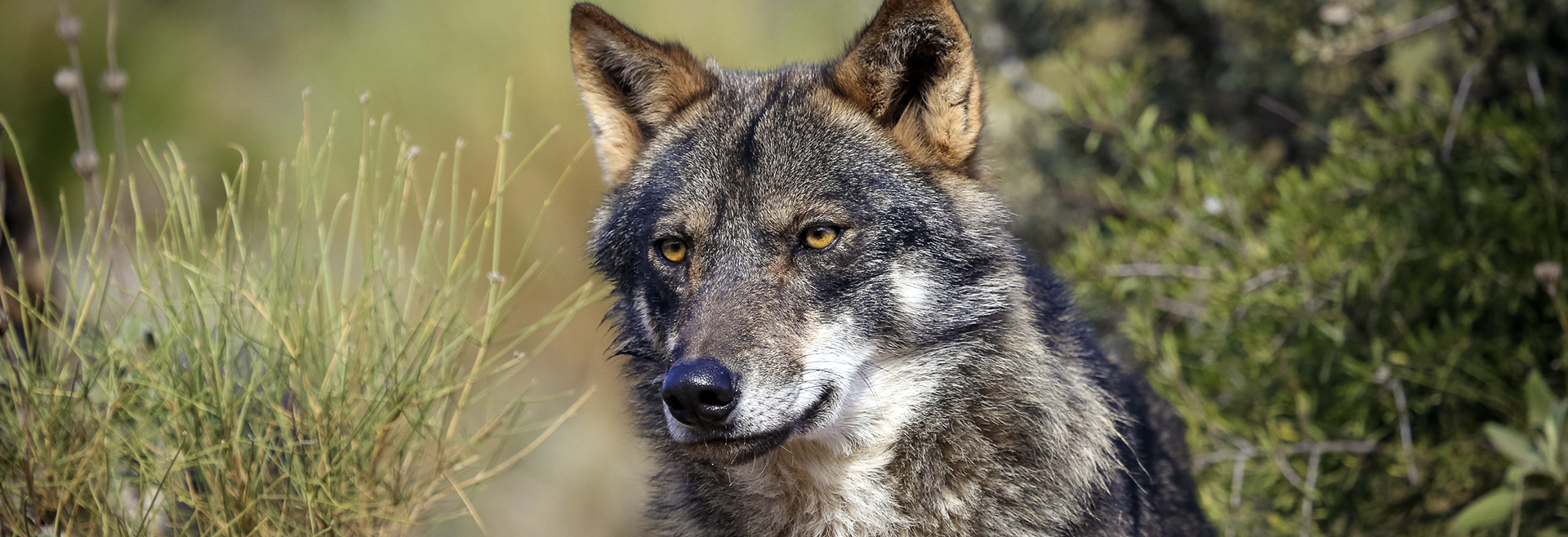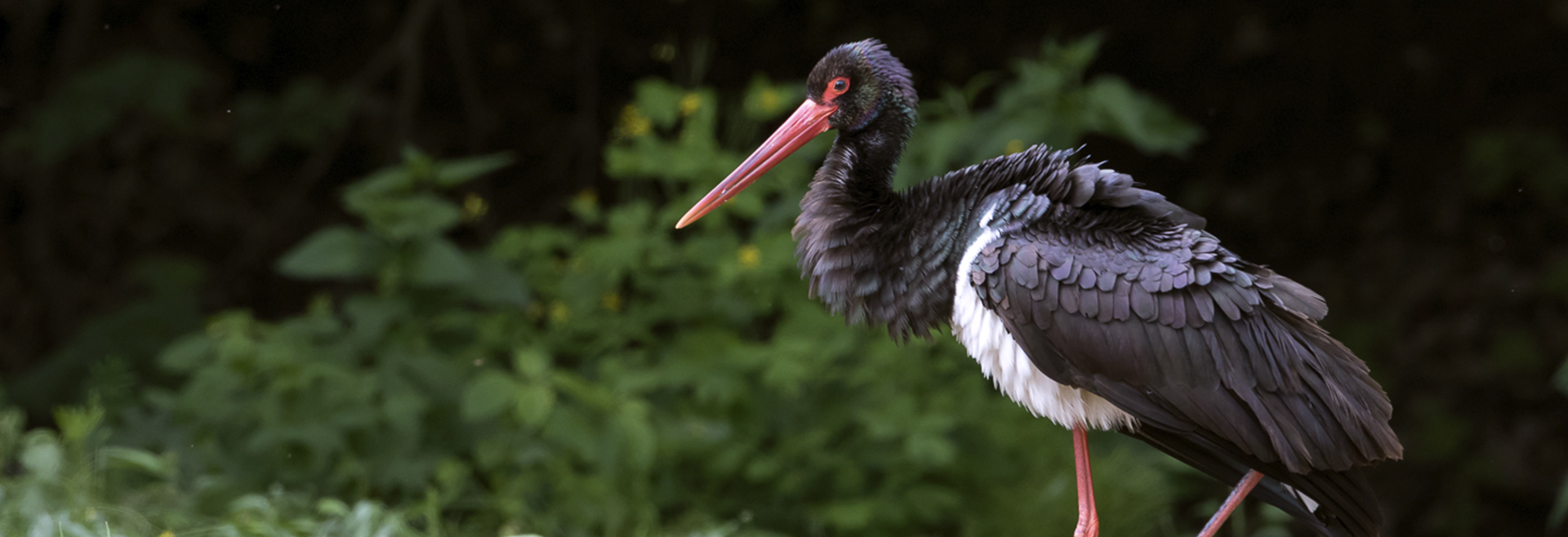Molecular detection and characterization of Leishmania infantum in free-ranging Egyptian mongoose (Herpestes ichneumon)
-
PMID32071863
-
RevistaInternational Journal for Parasitology: Parasites and Wildlife
-
Volume e Páginas11, 158-162
Wild mammals are susceptible to infection by Leishmania parasites. Although canine leishmaniasis is widely distributed in mainland Portugal, the sylvatic cycle of the parasite remains poorly understood. In this study, the occurrence of L. infantum in wild carnivores from Portugal was assessed by molecular screening of 132 hunted or accidentally road-killed animals. Spleen samples from Egyptian mongooses, red foxes, stone marten, common genet and European badgers were tested by amplification of Leishmania kinetoplastid DNA and ITS-1. Five egyptian mongoose were confirmed Leishmania DNA-positive by kDNA-PCR. Phylogenetic analysis of a kDNA amplicon sequence clustered the strain with L. infantum sequences from Portugal. These results may suggest that L. infantum strains circulating in wild animals are genetically related with strains from more humanized stettings. Exposure of wild carnivores to Leishmania infantum emphasizes the need of systematic studies to clarify the role of several taxa in the eco-epidemiology of leishmaniasis in Portugal, particularly in areas of carnivore species synanthropy and wherein disease control in the domestic population is inefficient or insufficient.
-
Palavras-chaveLeishmania; Mongoose; Herpestes ichneumon; Wild carnivore; kDNA


